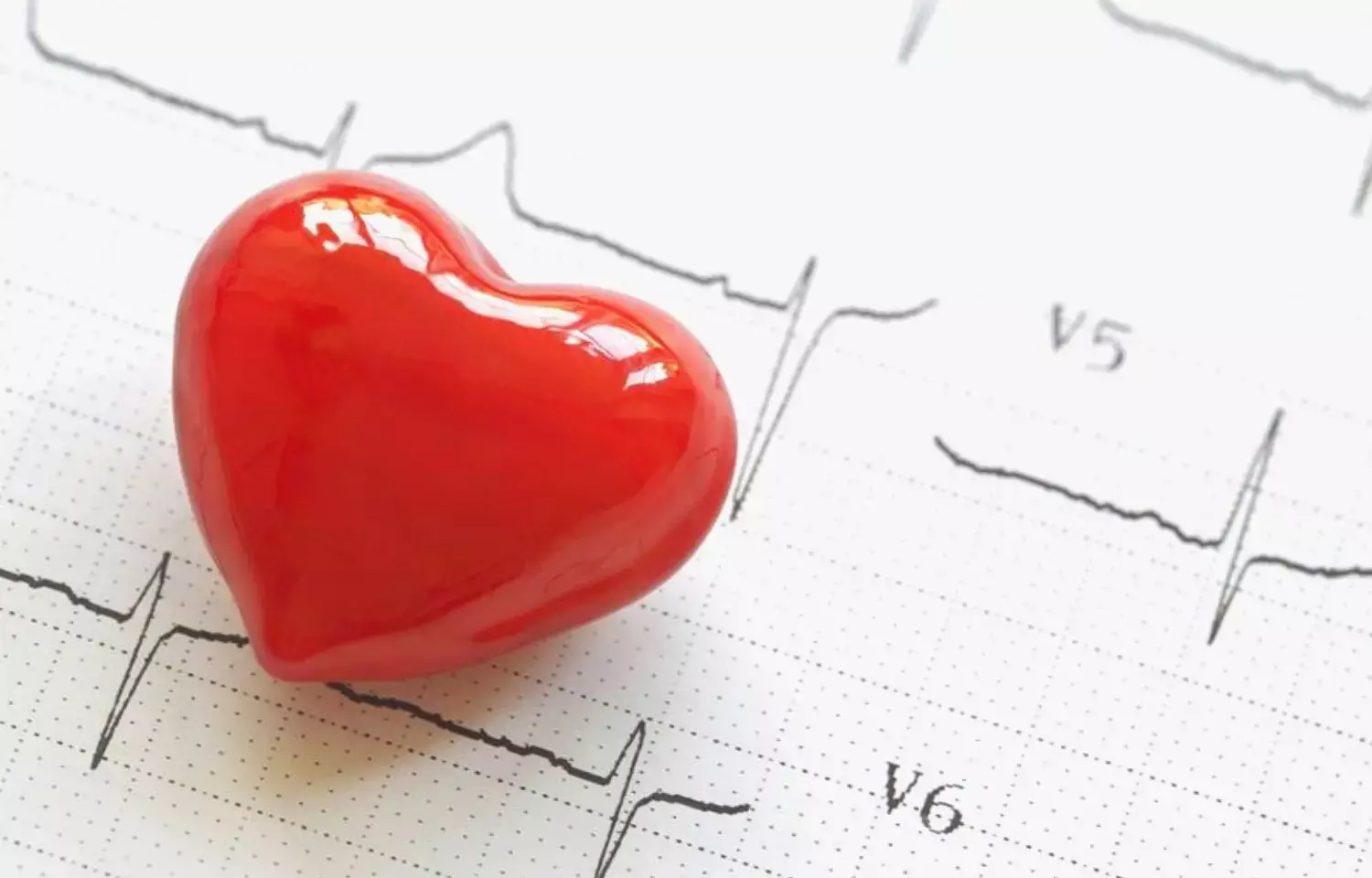- Home
- Medical news & Guidelines
- Anesthesiology
- Cardiology and CTVS
- Critical Care
- Dentistry
- Dermatology
- Diabetes and Endocrinology
- ENT
- Gastroenterology
- Medicine
- Nephrology
- Neurology
- Obstretics-Gynaecology
- Oncology
- Ophthalmology
- Orthopaedics
- Pediatrics-Neonatology
- Psychiatry
- Pulmonology
- Radiology
- Surgery
- Urology
- Laboratory Medicine
- Diet
- Nursing
- Paramedical
- Physiotherapy
- Health news
- Fact Check
- Bone Health Fact Check
- Brain Health Fact Check
- Cancer Related Fact Check
- Child Care Fact Check
- Dental and oral health fact check
- Diabetes and metabolic health fact check
- Diet and Nutrition Fact Check
- Eye and ENT Care Fact Check
- Fitness fact check
- Gut health fact check
- Heart health fact check
- Kidney health fact check
- Medical education fact check
- Men's health fact check
- Respiratory fact check
- Skin and hair care fact check
- Vaccine and Immunization fact check
- Women's health fact check
- AYUSH
- State News
- Andaman and Nicobar Islands
- Andhra Pradesh
- Arunachal Pradesh
- Assam
- Bihar
- Chandigarh
- Chattisgarh
- Dadra and Nagar Haveli
- Daman and Diu
- Delhi
- Goa
- Gujarat
- Haryana
- Himachal Pradesh
- Jammu & Kashmir
- Jharkhand
- Karnataka
- Kerala
- Ladakh
- Lakshadweep
- Madhya Pradesh
- Maharashtra
- Manipur
- Meghalaya
- Mizoram
- Nagaland
- Odisha
- Puducherry
- Punjab
- Rajasthan
- Sikkim
- Tamil Nadu
- Telangana
- Tripura
- Uttar Pradesh
- Uttrakhand
- West Bengal
- Medical Education
- Industry
Long acting Ivabradine improves cardiac function in heart failure patients: FIRST study

Although Ivabradine has been shown to improve clinical outcomes of chronic heart failure but the conventional formulation has the disadvantage of short duration of action and hence needs twice daily dosing. Evaluating the role of ivabradine hemisulfate sustained release (SR), a novel long-acting formulation that needs only once daily, investigators from FIRST study (published this week in JACC), have shown that ivabradine SR, in addition to optimum standard therapy, improves heart function in patients with HFrEF. The new regimen thus aids to simplify the heart failure "polytherapy" regimens being currently prescribed worldwide and may potentially improve adherence.
Compliance with the guideline directed medical therapy is important in the optimal management of heart failure (HF), and medication dosing frequency has an important effect on adherence. It is estimated that only 50% or fewer chronically ill patients adhere to their prescribed medications. Thus, the current challenge is to reduce the complexity of HF treatment without losing the efficacy.
In the present study, patients with stabilized HFrEF in NYHA functional class II-IV were enrolled and randomized to receive placebo or ivabradine SR in addition to standard medications. The primary endpoint was the change of left ventricular (LV) end-systolic volume index from baseline to week 32.
Concerning the primary endpoint, at 32-week follow-up, a significant improvement in left ventricular end-systolic volume index (LVESVI) was observed in both arms with a significantly greater effect in the ivabradine SR arm.
Ivabradine SR therapy also exhibited superiority in improving left ventricular end-diastolic volume index, LVEF, resting heart rate, Kansas City Cardiomyopathy Questionnaire overall, and HF hospitalization/cardiovascular disease.
More patients in the ivabradine SR group demonstrated reductions in N-terminal pro–B-type natriuretic peptide levels of at least 30%. No difference was observed in all-cause mortality or in the 6-minute walk test. In fact, the trial showed a reduction in the complexity of ivabradine-HF treatment without loss of efficacy.
The FIRST results reinforce heart rate as the target of HF treatment, which is one step toward simplifying the management of HF with efficacy. The complexity and polyintervention in HF treatment are matters of great concern. Another class of rate limiting drugs, the β-blockers are strongly recommended across major guidelines of HFrEF but in clinical practice due to need for dose uptitration or due to multitude of side effects,the optimal heart rate is not easy to achieve with these drugs alone. A single daily dosing regimen of Ivabrdaine in such scenarios will be extremely useful.
"The development of new patient-centered strategies to reduce the complexity of HF treatment without losing the efficacy is warranted", notes Bocchi et al in an accompanying editorial.
"Ivabradine SR once daily in addition to optimum standard therapy improved ventricular remodeling, cardiac function, and living quality in patients with HFrEF. The side-effects of this drug are mild and tolerable. Our findings indicate the tremendous potential for this new formulation to become a feasible alternative in the therapeutic regimen for chronic heart failure", conclude authors Ye et al conclude.
Source: JACC:
1. J Am Coll Cardiol. 2022 Aug, 80 (6) 584–594
2. J Am Coll Cardiol. 2022 Aug, 80 (6) 595–597
MBBS, MD , DM Cardiology
Dr Abhimanyu Uppal completed his M. B. B. S and M. D. in internal medicine from the SMS Medical College in Jaipur. He got selected for D. M. Cardiology course in the prestigious G. B. Pant Institute, New Delhi in 2017. After completing his D. M. Degree he continues to work as Post DM senior resident in G. B. pant hospital. He is actively involved in various research activities of the department and has assisted and performed a multitude of cardiac procedures under the guidance of esteemed faculty of this Institute. He can be contacted at editorial@medicaldialogues.in.
Dr Kamal Kant Kohli-MBBS, DTCD- a chest specialist with more than 30 years of practice and a flair for writing clinical articles, Dr Kamal Kant Kohli joined Medical Dialogues as a Chief Editor of Medical News. Besides writing articles, as an editor, he proofreads and verifies all the medical content published on Medical Dialogues including those coming from journals, studies,medical conferences,guidelines etc. Email: drkohli@medicaldialogues.in. Contact no. 011-43720751


